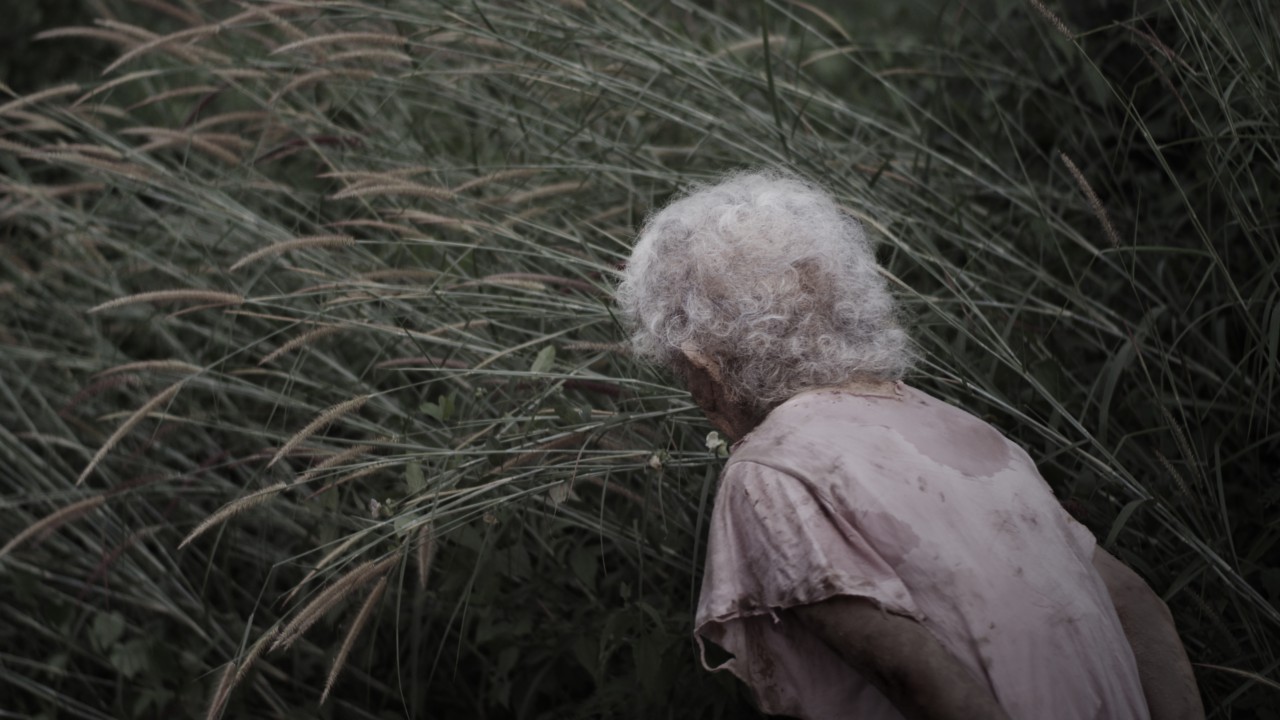
New Thai Cinema
When director Apichatpong Weerasethakul received funding in 2003 for a film with the title Monster!, the mainstream Thai studios backing the project expected the kind of film that they had been financing for decades: a fast-paced, action-packed mythical-horror film with lots of gore, sex and, well, monsters! While Weerasethakul’s film delivered on the monsters and sex, it was neither the kind of monster nor the kind of sex they had in mind. Nor did they anticipate that the film (Tropical Malady in English) would become an international sensation, and the first Thai film to be in the main competition at Cannes, where it won the Jury Prize. Realizing that Weerasethakul was creating a film Sight and Sound described as “a work of outstanding originality and power,” the studios’ response was swift and unequivocal: the immediate withdrawal of all investment.
When the Thai film industry nearly grinded to a halt as a result of the Asian financial crisis in 1997, something completely unexpected happened: a new kind of cinema began to emerge from the wreckage, a kind of cinema that not only dared to challenge the traditional narratives describing the previous centuries’ seemingly endless cycle of political violence, but also one that pushed the structural and conceptual boundaries of cinema. This film series is an attempt to highlight this history, beginning at the start of the millennium with Tropical Malady and following the development of independent Thai cinema all the way to last year’s Manta Ray.
While the political violence in Thailand has yet to find resolution, young filmmakers have, for the past two decades, forged a new and innovative approach to creating films outside of the mainstream studio system. Despite a near total lack of government-sponsored funding for the arts and in the face of draconian censorship and lèse-majesté laws, emerging filmmakers from Thailand have developed an open and collaborative environment to foster the creation of bold and challenging films. This independent system opened the doors to many silenced voices, including a new generation of women filmmakers such as Pimpaka Towira, whose Island Funeral will have its Boston debut, as well as Danaya Chulphuthiphong’s Night Watch, Jirassaya Wongsutin’s That Day of the Month and Puangsoi Aksornsawang’s Nakorn-Sawan.
The New Thai Cinema series celebrates these filmmakers, from whose work has emerged a distinctive and uncompromising voice in contemporary international cinema. – Anocha Suwichakornpong, filmmaker and Visiting Lecturer on Visual and Environmental Studies, Harvard
















